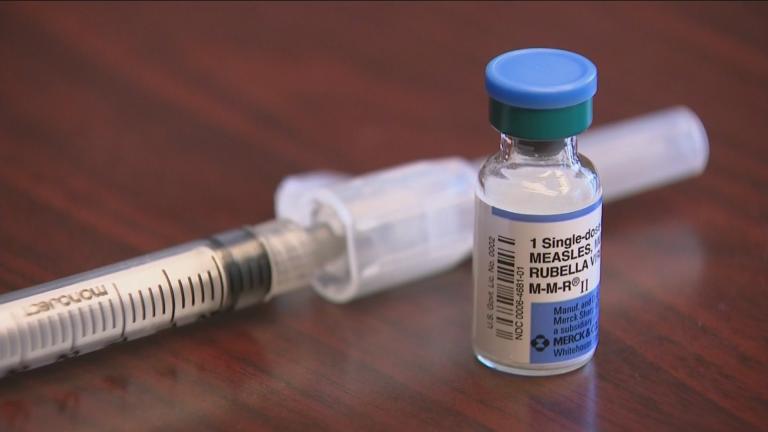With the lifting of masking mandates and vaccine checks in Chicago, this week seems to have marked a turning point in the COVID-19 pandemic.
Chicago Department of Public Health data show the daily average of COVID-19 cases has plummeted since the omicron variant peaked in January and test positivity and hospitalizations are down and continuing to decline.
In a Feb. 28 livestream, CDPH commissioner Dr. Allison Arwady underscored the administration’s decision to drop the mask mandates.
“We are at a place where it is safe to be lifting these requirements. I expect that a lot of folks will continue to wear masks in the short term, which I fully support. We continue to make the recommendations based on the risk here and now, which thankfully is low.”
As spring approaches, however, it’s also a reminder that we’ve been here before. Many will recall similar optimism last year, when preventative measures like mask mandates were dropped but were followed by a spike in cases due to the delta variant.
So should we be preparing for another variant to emerge? Dr. Geraldine Luna, CDPH medical director, said, “hopefully not.”
“The way we have been accumulating data, the way we have acquired all these tools during these two years of the pandemic … now we have our national wastewater systems, and syndromic systems, that we can anticipate those [variants,]” Dr. Luna said. “We don’t expect to see anything [along the] lines of omicron variant, but we might see some cases up and down, and that’s why we’re calling this part of the endemic – it is learning how to live with COVID-19.”
Dr. Evelyn Figueroa, professor of clinical family medicine at the University of Illinois Chicago, and director of the Pilsen Food Pantry, said the city’s decision to relax masking now makes sense given infection rates.
“We have to be nimble and we have to keep applying the test results and understanding when we have lower values of COVID infection we can be a little bit more lax,” she said. “Right now with our numbers being so low in the Chicago community it makes sense to reduce them and to let people have more of a personal choice to mask.”
Immunologist and allergist Dr. Juanita Mora said she urges Americans to pay attention to what is happening around the world with COVID-19.
“Look at what’s happening, for example, in Hong Kong, New Zealand. They’re currently running out of hospital beds,” Dr. Mora said. “You have a million people exiling out of Ukraine … and it’s 20% of Ukraine that’s currently boosted. So could we expect a variant coming up sooner? Could be possible. So that’s why we need to be prepared.”
For medically fragile people, Dr. Mora advises a cautious approach to reentering public spaces.
“Go slow in taking off your mask,” she said. “Make sure we vaccinate everyone around us, boost everyone around a vulnerable population.”
Now with a little room to breathe, Dr. Luna says the city is able to strategize for the future of living with COVID-19.
“The city is very strong and vaccinated,” said Dr. Luna. “Vaccination and COVID-19 therapeutics are the pillars moving forward. Vaccination continues to be the strongest piece in controlling the disease.”
At present, Chicago has a good supply of therapeutic drugs, and Drs. Figueroa and Luna say increasing awareness of those therapies is crucial in treating the infections that do occur.
“For therapeutic drug options, it’s important to understand who needs which drugs. If you’re thinking about monoclonal antibodies and antivirals, patients have to be a certain level of sick to qualify for those medications strategically and efficiently,” said Dr. Figueroa.
“The first reason people are not getting the drugs they should … they’re not aware they have a window of five days to qualify for the pills and another window to qualify for IV infusions,” said Dr. Luna. “So if anyone 65 and older is listening – call your doctors with minimal symptoms just to make sure. You might qualify to get these drugs and it might save your life.”








